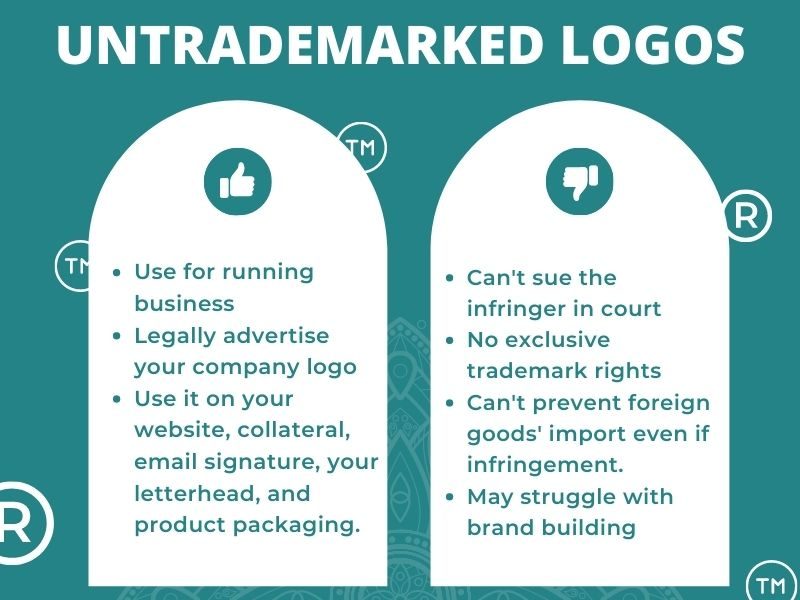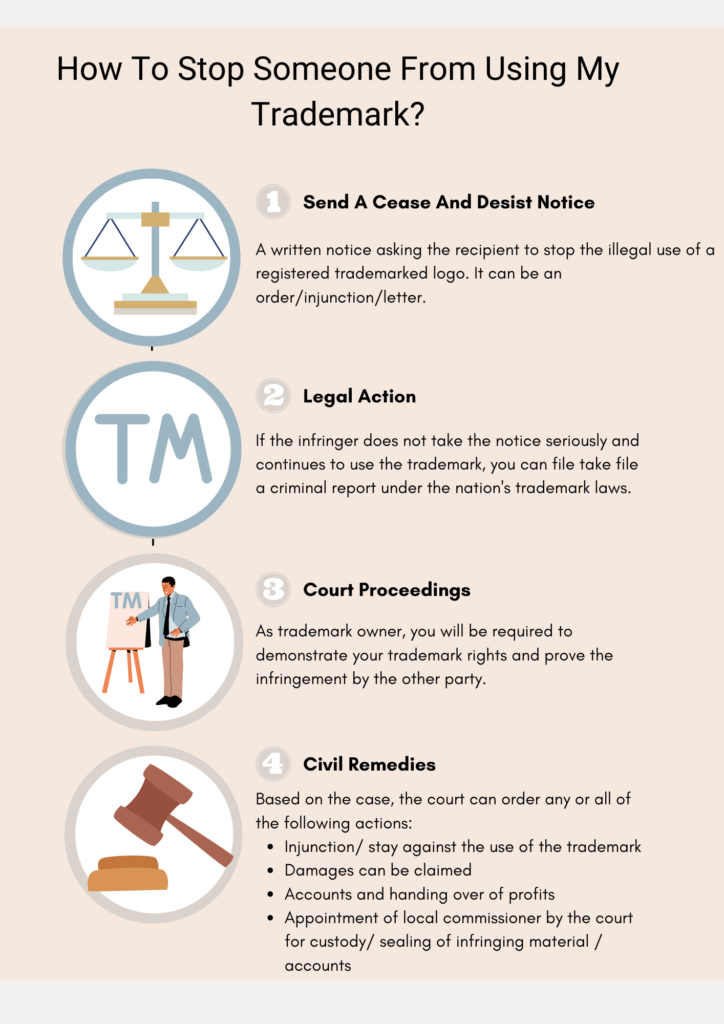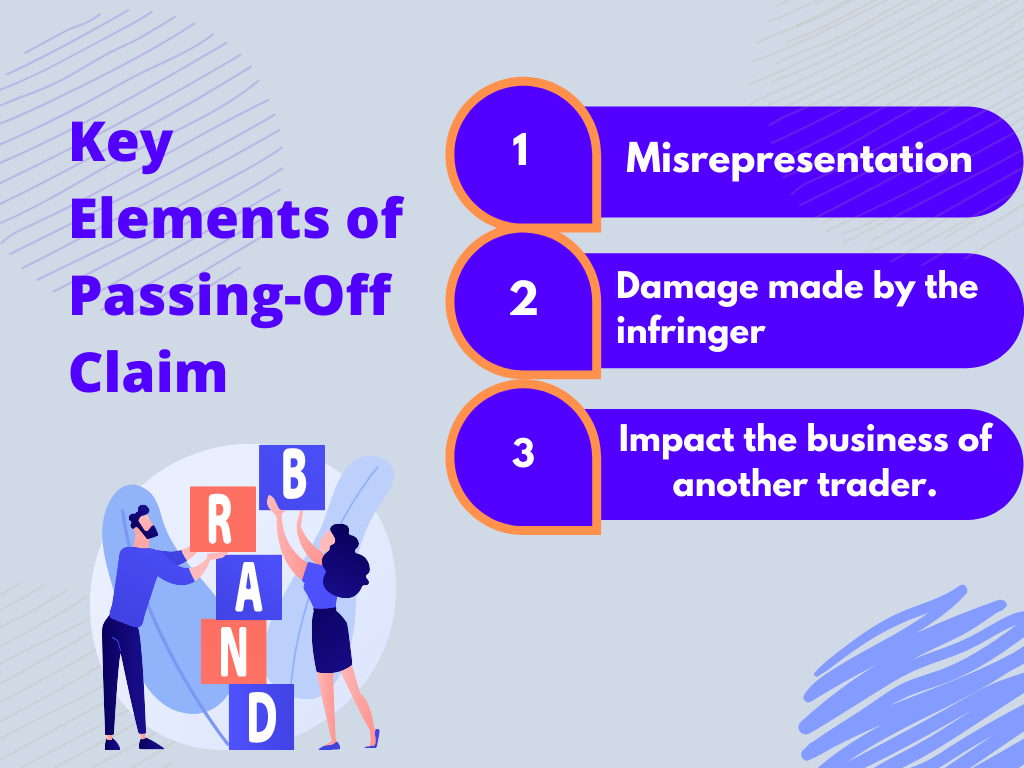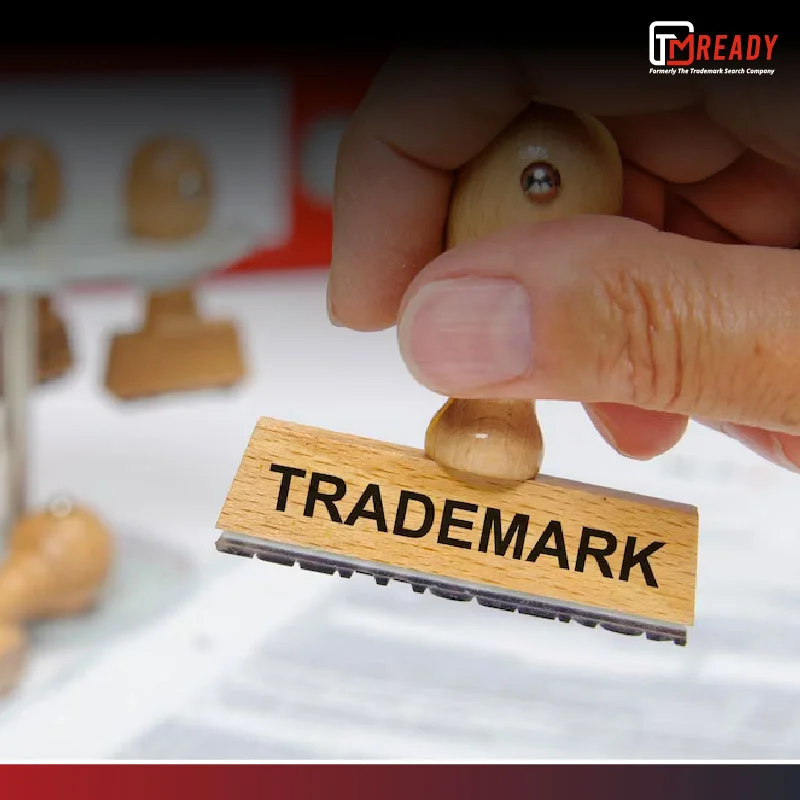A few months ago, a friend of mine left her 9-5 full-time job and ventured into her own startup. As things started growing, she eventually started considering trademarking a logo for her company.
Her first question to me was, “Is it worth trademarking a logo?”
Is it worth trademarking a logo?
The short answer is YES.
Every penny and every single second spent on trademarking a logo is worth it.
The reason is simple, a registered trademarked logo means:
- You have exclusive trademark rights to use your company’s logo under trademark law.
- You can take the legal course if someone else tries to infringe upon your registered trademarked logo.
- Trademarking a logo allows you to take legal steps against trademark dilution.
- A trademarked logo means better authority and market reputation, meaning the audience acknowledges your products and services.
- Customers remember your brand due to the high authority logo that builds a trusted customer base for your company.
- You can stop the import of foreign goods if they infringe upon your registered trademarked logo.
- Last but not least, trademarking a logo makes it easier for you to register a trademark in foreign lands. Further, you can expand your products’ market in foreign marks.
Therefore, trademarking a logo and business name is crucial for you to stop your brand from diminishing value. But does this mean someone can’t use a logo without trademarking it?
Can I Use The Logo Without A Trademark?
Yes, absolutely. You can use your company’s logo without a trademark, but some key issues arise from trademark infringement and dilution. In most countries, including India and USA, trademarking a business name or logo is not compulsory for using them. You can use a logo and company name even without trademarking.

What Happens If You Don’t Trademark A Logo?
Trademark infringement, i.e., someone else might use your logo and may even trademark it. If they register it before you do, your original logo will not get trademark registration at USPTO and other national IP offices.
Apart from trademark infringement, the following things might happen if you don’t trademark your brand logo or brand name.
- The resources you spend on advertising & marketing your trademark logo design may be harnessed by the infringer without any effort.
- You won’t be able to legally transfer your logo in future, the concept of trademark assignment is available only for trademarked logos.
- Customers will confuse between the 2 brands; this will cause a revenue loss to your brand and impact your brand reputation.
- Even if you were the first one to start using the logo but didn’t trademark it, the risk is high. The other party can register the trademark successfully. Unfortunately, the 3rd party will now hold exclusive usage rights to a trademark logo design that belonged to your brand.
- The need for rebranding may sometimes arise in the future if the infringer trademarks the logo design before you. What does this mean? Extra time and money spent on rebranding.
Trademark Infringement for Unregistered and Registered Trademarked Logos
Trademark Infringement For Unregistered Logos
- If your untrademark logo is recognized in the market for goods and services in the area
- If the infringer has been using the trademark for deception
- When the infringer’s logo is causing loss to your business.
What Happens If Someone Uses My Logo?
The table shows what you can do if someone steals your logo. Note that depending on whether your logo is trademarked or not, the course of action varies.
How to Stop Trademark Infringement

Unfortunately, the choices are limited in the case of an untrademarked logo design. If your untrademarked logo has goodwill and firm ground in the market, you can sue the infringer for violating your intellectual property rights. In this case, you will need to prove the prior usage of the logo, i.e., passing off claim.
What Is A Passing Off Claim?
Passing off claim in legal terms is used for proving the claim to the unregistered trademark rights. The concept of passing off is to prevent the infringers from misrepresenting or causing damage to the owner’s logo. Thus, while trademark rights available for registered trademark logos, passing-off claim is for unregistered ones.
Countries like India, Australia, UK, and USA provide the option to use passing-off claim.

Further, in many countries, including the USA, usage of the mark is a primary requirement for getting a trademark. Thus, even if someone trademarks your logo or business name, they can’t stop you from using the logo if you were the one using it before them.
Whether your logo is trademarked or not, filing an opposition to prevent trademark infringement is complex. Therefore, it is imperative that you hire a certified and experienced trademark attorney to help you out.
Thinking About Trademarking Your Logo? TMReady Is Here to Help.
Your logo is more than just a design — it’s your brand identity. Trademarking it ensures legal protection and long-term value. But doing it right requires expert insight and a comprehensive approach.
That’s where TMReady comes in. With decades of IP experience and a dedicated team of professionals, we provide:
- Professional Trademark Search Services— thorough and detailed searches across multiple regions to ensure your logo is protected.
- Reliable Trademark Monitoring Services — keeping an eye on your trademark to detect potential infringements or safeguard unconventional trademarks.
Smart protection. Competitive pricing. Trusted expertise — that’s the TMReady promise.





